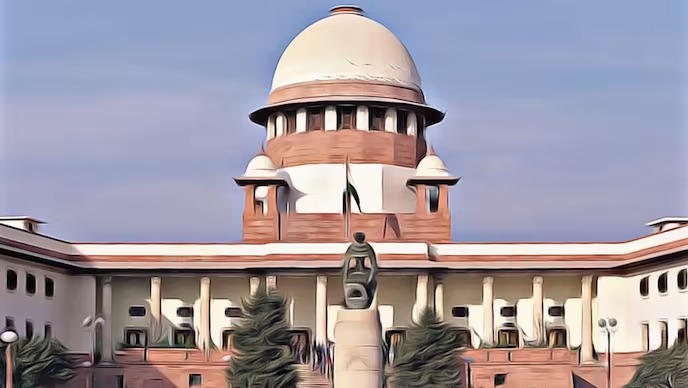Mukherjea, J.@mdashThis Rule has been obtained on an application under sec. 115 of the Code of Civil Procedure, and the Petitioners before me are the two judgment-debtors against whom a rent decree was obtained. It appears that the two Petitioners are the recorded tenants in respect of a holding which they hold under a deity which is represented by the sebaits, Opposite Parties Nos. 2 to 4. One of the sebaits who in his personal) capacity has been made Opposite Party. No. 1 in this Rule, purchased certain shares of the tenancy by certain kobalas in the years 1919 and 1920. He was, however, not recognised as a tenant, and in January, 1931, he took a mortgage of a portion of the tenancy other than the portion which he himself purchased. After the present decree was obtained against the recorded tenants, Opposite Party No. 1, in his capacity as a mortgagee with regard to a portion of the holding, deposited the money under the provisions of sec. 170 of the Bengal Tenancy Act. He also made an application for being put in possession of the holding under sec. 171 of the Act. The trial Court granted this prayer, and it is against this order that the present Rule has been obtained.
2. It has been contended by Mr. Chatterjee for the Petitioners that the Opposite Party No. 1 being a co-tenant with the Petitioners, is not at all entitled to have an order for possession in his favour under sec. 171 of the Bengal Tenancy Act. He argues that the Legislature has denied this relief to a person who is the judgment-debtor himself; and as the Opposite Party No. 1 being a co-tenant cannot but be a judgment-debtor who was bound by this decree, it is not open to him to avail himself of the provisions of sec. 171. In support of his contention reliance has been placed upon the decision in Kartic Chandra Manna v. Nibaran Chandra Ghose 38 C. W. N. 988 (1934) which follows an earlier decision of this Court in Ashutosh Ghose v. Abinash Chandra Chowdhury 15 C.W.N. 732(1911).
3. In my opinion, this contention cannot succeed. Under sec. 171, as it stood before, a person whose interest was voidable upon the sale, was entitled to get the advantage of the section. Under the present amended Act any person whose interests are affected by the sale of a tenure or holding, and who puts into Court the amount requisite to prevent the sale, can pray for being put in possession of the tenure or folding as a mortgagee of the tenant, and to retain possession of it as such until the debt has been discharged. The words, " whose interests are affected by the sale " are in my opinion quite sufficient to include the case of Opposite Party No. 1. He is said to be an unrecognised transferee of a portion of the occupancy holding. He may be a judgment-debtor in that capacity, though it is not necessary for me to decide the point finally. In any view of the case, his position as a mortgagee of a separate portion stands apart from his interest as a co-tenant with the judgment-debtors. It was in that capacity that he deposited the money under sec. 170 of the Bengal Tenancy Act. and certainly he being a mortgagee with regard to a portion of the holding, his interest would be affected by the rent sale, the purchaser having the right to annul the mortgage by proper notice under sec. 167 of the Bengal Tenancy Act. I think, therefore, that the Court below was quite right in giving the Opposite Party No. 1, the relief which he prayed for, and it cannot be said that because he was a transferee of a portion of the holding as well, he was precluded from getting the advantage of sec. 171 of the Bengal Tenancy Act. The decision in Kartic Chandra Manna v. Nibaran Chandra Ghose 38 C. W. N. 988 (1984) related to a case where the person making the deposit was a tenant who had not any other capacity than that of a judgment-debtor. In those circumstances, the decision might have been proper, but it certainly has no application to the present case. I, therefore, hold that the Rule must fail, and it is discharged. There will be no order as to costs.

